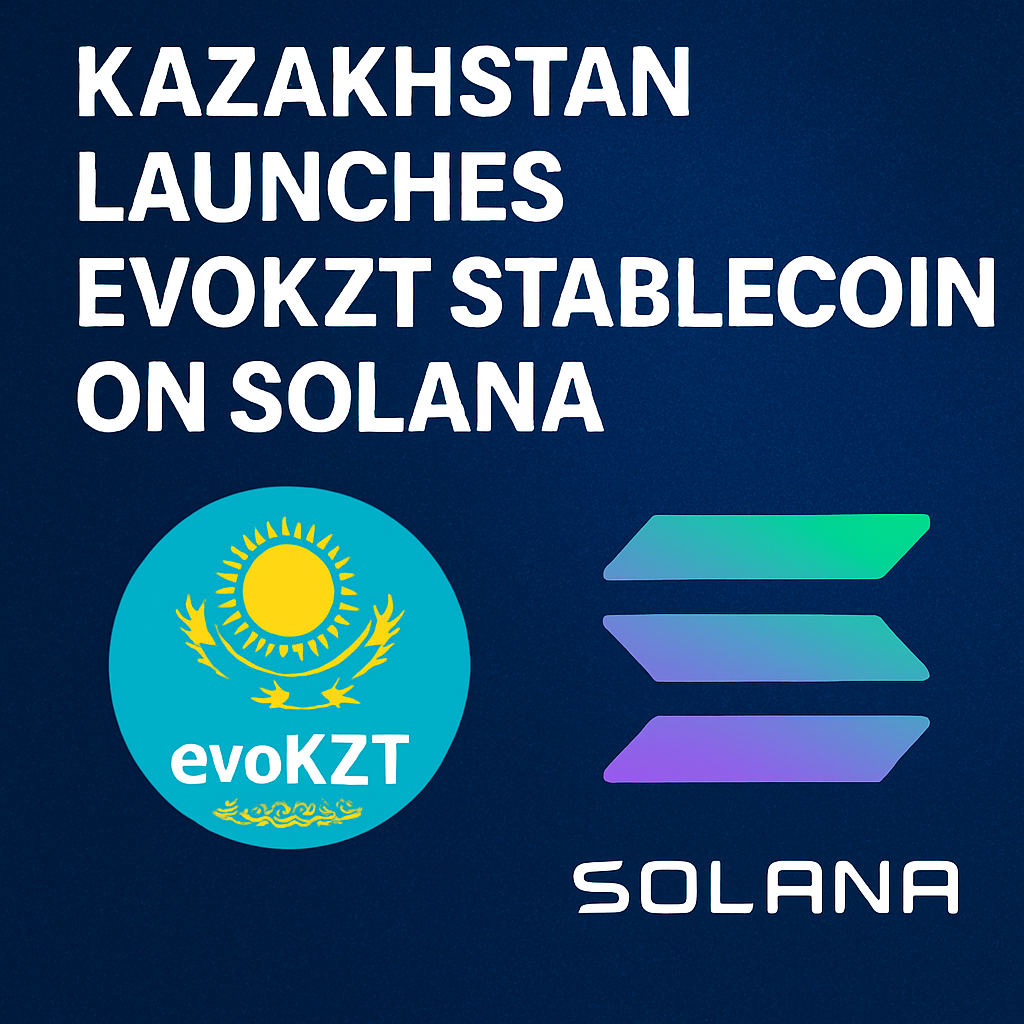Kazakhstan officially launched its Evo ($KZTE) stablecoin on the Solana blockchain, marking a strategic effort to modernize payment systems and strengthen the country’s position in digital finance. The stablecoin, fully backed by the Kazakhstani tenge, is designed to facilitate seamless domestic and cross-border transactions with enhanced speed and lower fees. By leveraging Solana’s high throughput and low latency, the central bank aims to deliver an efficient settlement platform capable of supporting both public and private sector use cases.
The launch follows months of collaboration between government agencies, financial institutions, and technology providers to develop a compliant framework for digital asset issuance and governance. Regulatory guidelines require stablecoin issuers to hold sufficient reserves in a segregated account, undergo regular audits, and adhere to anti-money-laundering and know-your-customer standards. These measures aim to ensure transparency and maintain financial stability while promoting innovation.
Initial pilot programs will involve select state-owned enterprises and private payment processors, with plans to expand access to retail customers in early 2026. Merchant adoption is expected to grow rapidly, driven by incentives such as reduced transaction costs and integration with existing e-commerce platforms. In parallel, the government is exploring tokenization of government bonds and other securities, using Evo as a settlement asset to streamline capital market operations.
Industry observers view the stablecoin project as a model for other Central Asian economies seeking to harness blockchain technology. By combining fiscal backing with a robust technical infrastructure, Kazakhstan seeks to foster financial inclusion, attract foreign investment, and enhance the resilience of its payments ecosystem. Ongoing developments will focus on interoperability with other central bank digital currencies and integration with regional payment networks.

Comments (0)